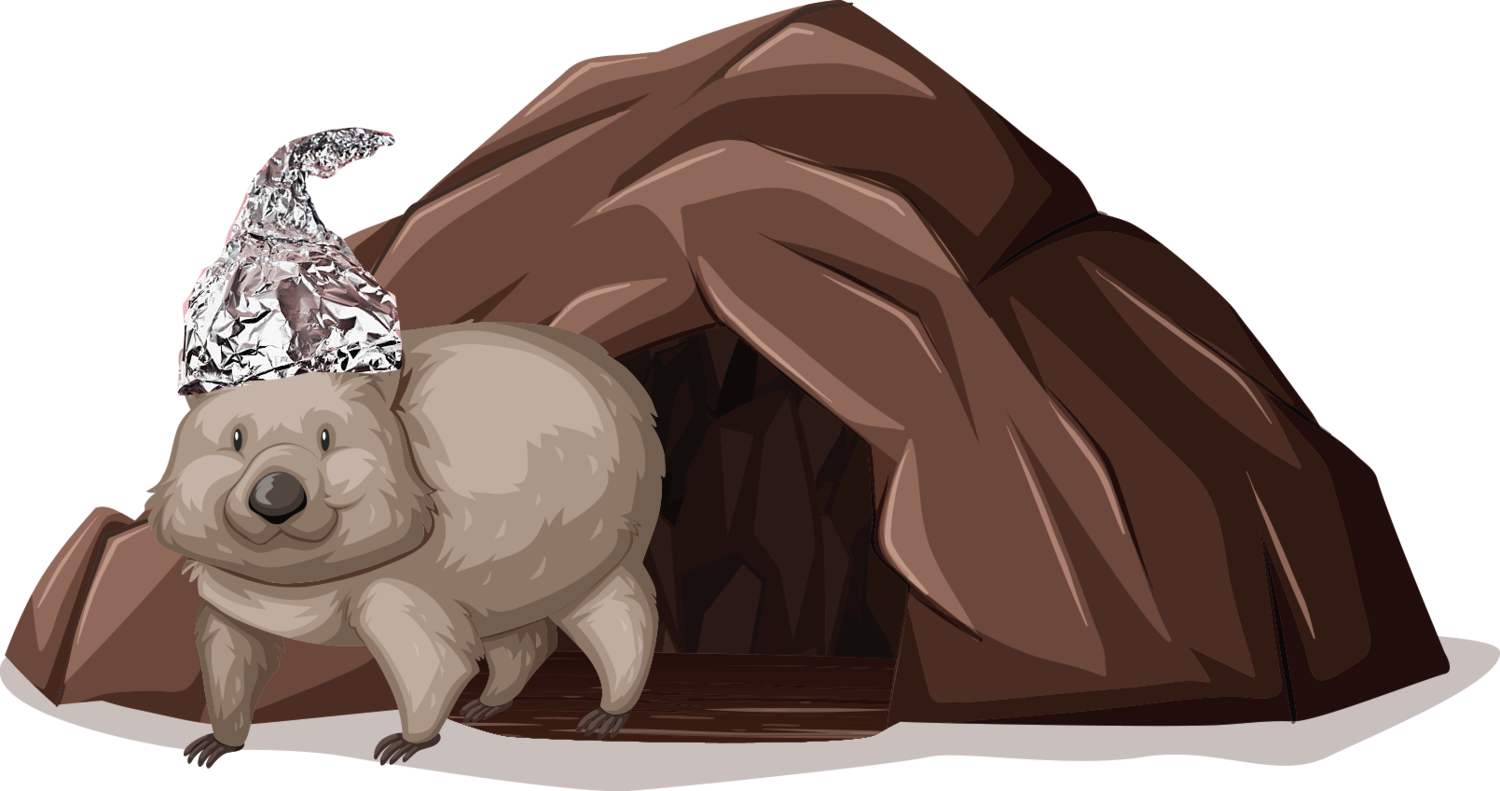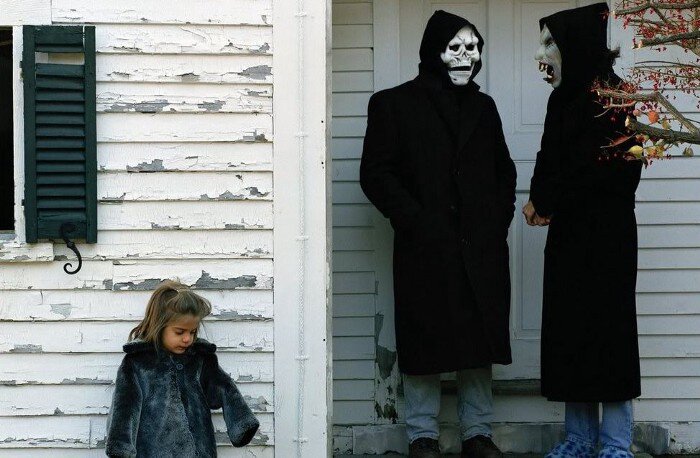Jesse Lacey and Musical Transcendence through Confession
Cover art of Brand New’s ‘The Devil and God Are Raging Inside Me’
January 27 2020
When prompted to think of the most transcendent live music experience of my life, one event stood out above all (that is, aside from the substance-fuelled dance music festivals that I attended in the time after this event, where the feelings of transcendence have little to do with the music).
While this particular event stood out, I didn’t really want to write about it. Because it wasn’t a positive experience as such. In fact, it was a type of transcendence that emerged out of a profound source of darkness. But hey: if you can’t mine the darkness of your past on one of the deepest corners of your own website, then where can you?
A little context first. The artist in question was Jesse Lacey, and he is (was) the lead singer of the band Brand New. Lacey, and his band, represented the zeitgeist of the dark side of 2000s Emo music that I wrote about here.
Their first album — Your Favourite Weapon — was standard angsty Emo fare, albeit done better than most. Large parts of it are, with the wisdom of hindsight, immature and juvenile to the point of parody, which was probably the point.
But things descended somewhat on their second album, in particular with a song called Me vs. Maradona vs. Elvis (Emo is famous for song names that blur the lines between self-awareness, self-deprecation and self-aggrandisement). The song itself is, on face value, a truly awful, shameless, contemptible snapshot of narcissistic misogyny. If you think that’s a bit harsh, look at the words for yourself.
Lacey says it wasn’t autobiographical, but a description of his fear of descent from stardom to disgrace, and how it could play out. Maybe, it is his song after all: but history suggests there was more to it.
Brand New’s next album was The Devil and God are Raging Inside Me. It is an astonishing album, both lyrically and musically. It is probably the pinnacle of 2000s Emo, as has been argued here, here and here. It is also almost oppressively dark and despairing, and informed throughout by the religious dogma, as hinted at by the title.
The vibe of the album is encapsulated by ‘Jesus Christ’, their best song and a devastatingly beautiful act of self-reckoning, supported by a guitar riff of pure melancholy. And then the video…
Front and centre in the lyrics of the song is this line: “If they don’t put me away, it’ll be a miracle”. And that’s when you start to realise: this is music as confession.
The reality of this confession was revealed recently in the midst of the #MeToo movement, when Lacey was accused of engaging in sexual activity with minors, back in their early touring days. It is pretty awful stuff, as you can read here, and it has forced a reckoning with the band’s music— an uncomfortable process that will be familiar to anyone who had an idol caught up in this movement.
So, back to my story.
Brand New toured the album in 2008, when I flew from Perth to Melbourne with a group of friends to see them and a few other bands. They closed with ‘You Won’t Know’— a terrified lament of dying before having the chance to fully repent for one’s sins; of being extinguished from this world leaving nothing in his wake but devastation to those he loved. The show ended with Lacey, alone and hooded, repeating the central riff and eponymous line to a silent crowd.
This was a man not just baring, but purging his soul to a bunch of strangers, many of whom looked up to him as something akin to a messiah for the fallen. It was dark, but it was incredibly powerful and real. I was, to use a phrase, shook. It was musical transcendence through the spiritual act of confession, and to witness it happening, even if not completely aware of what was occurring, was to be caught up in that transcendence. For better or worse.
No wonder I had to go to so many dance festivals to try and shake off the experience!

